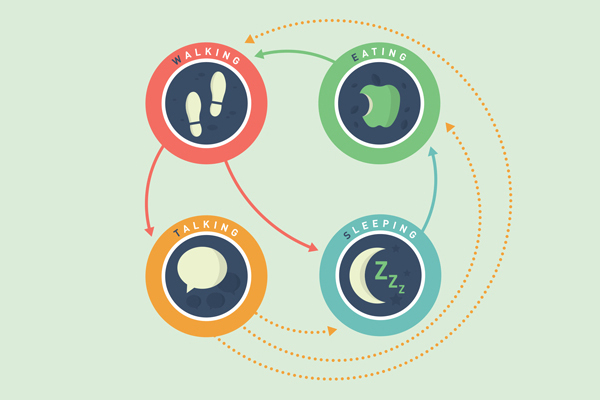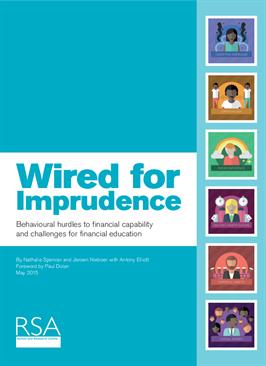The report identified a vital link between curiosity and innovation, but found that Britons are less hungry for knowledge than they are for experiences, and lack curiosity about their energy usage.
To help harness the power of curiosity in stimulating future innovation, British Gas Generation Green is launching a nationwide search for a panel of 11 children aged 7-14, who are the nation’s most curious and have the ‘why factor’. The children will be invited to work with British Gas experts to create new ideas to address energy challenges.
The RSA research also showed that modern lifestyles could put the curiosity we need to drive innovation at risk. It shows that those over 55 and the retired are the most curious, suggesting that the daily grind could limit our power to innovate. It also found that modern technology is having an impact on our curiosity as it encourages short-term curiosity about a wide variety of topics, but doesn’t promote focus. Both types of curiosity are necessary to stimulate innovation
In response to the findings, the RSA is calling on schools, parents and learners of all ages to cultivate curiosity by:
-
Teaching for competencies like curiosity, as explicit educational goals, rather than as beneficial off-shoots of knowledge-based learning.
-
Encouraging forms of mental attention, including mindfulness, that make people reflect on things that might not have been noticed.
-
Giving pupils the opportunity to learn something in considerable depth.
pdf 1.2 MB
Contributors

Related reports
-
Easier said than done - why we struggle with healthy behaviours and what to do about it
Many of us know what we should be doing to live healthily, yet many of us struggle to actually actively manage our health. This report asks why and what we can do about it.
-
Wired for imprudence
Natural human characteristics can make it hard to manage our money well. This report identifies six of these behavioural hurdles to financial capability, and explores what this means for financial education.
-
The Seven Dimensions of Climate Change: Introducing a new way to think, talk, and act
Our report suggests that climate change is not about 'the environment', it's a problem with seven main dimensions: Science, Behaviour, Technology, Culture, Law, Economy and Democracy.




Be the first to write a comment
Comments
Please login to post a comment or reply
Don't have an account? Click here to register.